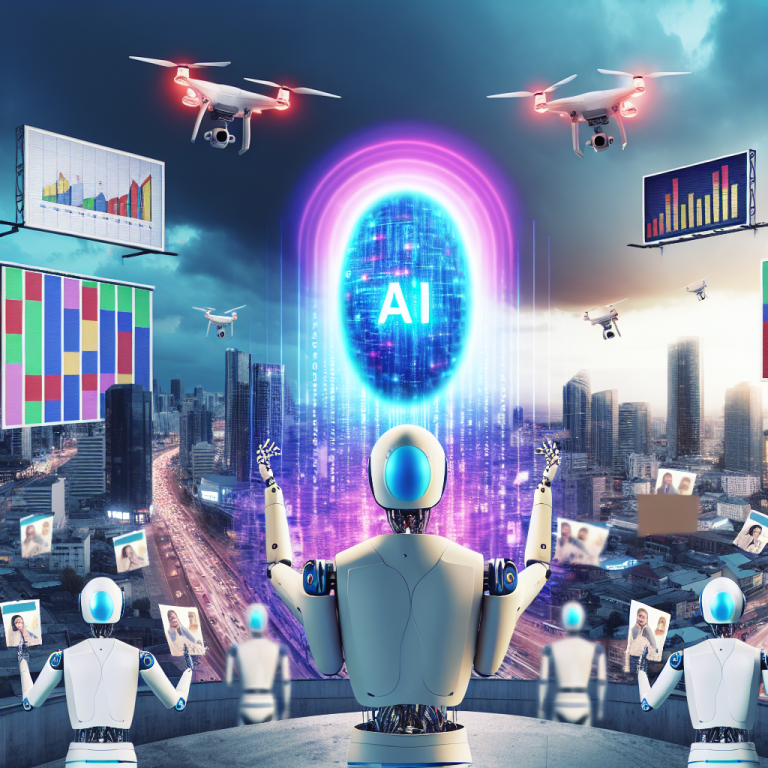Artificial Intelligence (AI) has become a powerful tool in election campaigns, raising important ethical concerns about its use. With nearly two billion people participating in elections this year, countries like Indonesia and Pakistan have already showcased how AI is reshaping the electoral landscape.
The rise of Generative AI (GAI) has paved the way for what are known as softfakes: images, videos, or audio clips that are doctored to enhance the image of a political candidate. For example, in Indonesia’s presidential election, winning candidate Prabowo Subianto used GAI to rebrand himself as “gemoy” or cute and cuddly, in order to appeal to younger voters and shed allegations of human-rights abuses.
Furthermore, the use of deepfakes (digitally altered visual media) and AI-written articles penned under a candidate’s name have been documented in elections across South and southeast Asia. This manipulation of information creates a false image of candidates, not only in terms of misinformation but in ways that blur ethical boundaries.
Calls for global guidelines on AI use in elections have emerged, with a focus on regulating GAI across communications pipelines. While measures like watermarks have been implemented by some companies, regulations remain voluntary and vague. Robocalls generated by AI companies have already aimed to distort public perception, influencing election outcomes and raising alarm among concerned citizens.
As politicians continue to exploit the potential of GAI for their campaigns, the need for concrete rules becomes more urgent. Media outlets, content generators, and social-media platforms need to take responsibility for monitoring and flagging softfakes. Election regulatory bodies must keep a close eye on companies engaging in the development of fake media, ensuring transparency and accountability in the electoral process.
In order to address the challenges posed by AI in election campaigns, citizens also play a crucial role. Developing critical thinking skills to identify altered media and resisting the emotional appeal of softfakes is essential in safeguarding democratic processes.
As the year unfolds with numerous elections on the horizon, the impact of AI in shaping public opinion and influencing voter behavior cannot be underestimated. It is imperative that stakeholders come together to establish clear guidelines and standards to prevent AI from manipulating election outcomes and undermining the integrity of democratic institutions.




